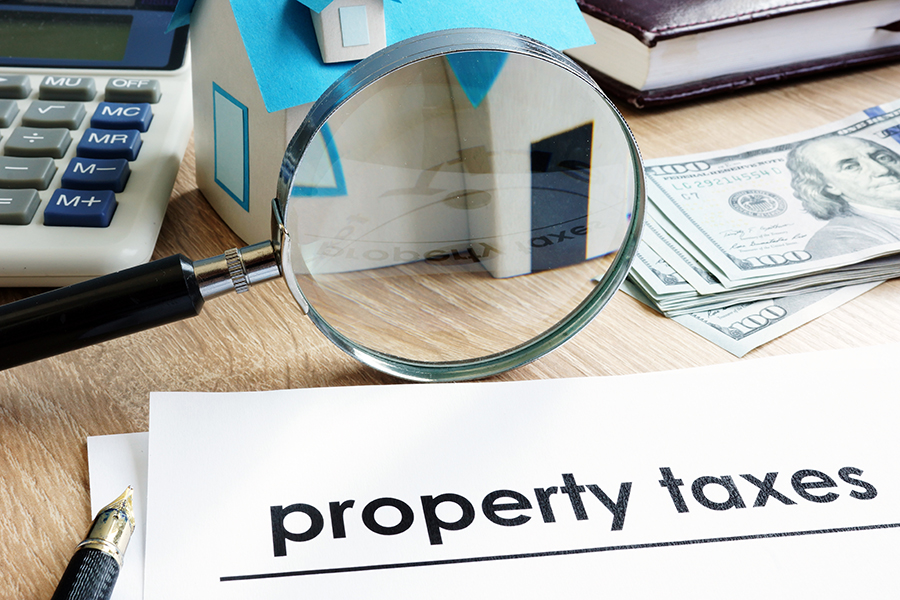
There's no doubt that there are many responsibilities that come with owning a home. Aside from dealing with mortgage issues, you will also have to prepare for property taxes. The amount you pay on an annual basis depends on the assessment. Thus, it is important to understand the assessment process to know what you are paying for. Make sure you understand the following when assessment time comes.
The Basic Concepts
At the heart of it, a property tax assessment is an estimate of a property's value. The figure derived from this estimate tells tax agencies how much to charge for property tax. In most cases, local government agencies will also use a mill rate to calculate the final amount. This is a tax figure that the assessor multiplies with the assessment value. However, how the assessor assigns the value to the property can vary.
In some jurisdictions, the assessor may use the full value of the property. This is often referred to as the market value. Yet, some states use a portion of the market value in conjunction with the applicable tax rate. In Utah, the country government uses a 100% valuation for residential properties. In other words, the assessor will look at the full market value at the time of the assessment.
Determining Market Value
To come up with the right market value, the assessor will look at several different factors. First, the assessor will look at recent sales of other homes in the area. The assessor also examines the cost of utilities, construction costs and rental rates. Additionally, the rate of inflation impacts the final assessment amount.
Some of the property owner's personal information may also be relevant. Typically, appraisers review the homeowner's personal property tax statements. When this information is not available, the appraiser uses the objective criteria. This includes information about the type of property and its age.
Property Tax Evaluation Methods
An assessor may use one of three methods to generate an approximate value. Under the income method, the assessor determines how much income the property could make. This technique is used on commercial properties. Under the cost method, assessors estimate how much it would take to rebuild the current structure. Finally, under the market approach, the appraiser looks at the sales figures for similar properties. Other types of assessment methods are used according to the jurisdiction.
Your Rights As a Homeowner
At times, it can feel like an appraisal is not accurate. In this situation, you might think that you are being charged more than is necessary. Know that as a taxpayer, you have the right to a fair property tax appraisal. If you have doubts, contact a real estate lawyer for help.
For appraisal issues in Utah, you can contact a real estate attorney at T.R. Spencer Law Office.